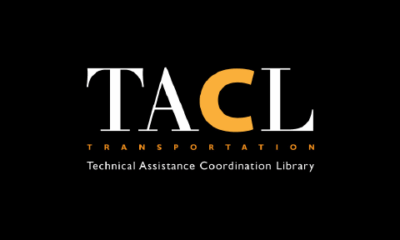
Transportation Technical Assistance Coordination Library (TACL)
The Transportation Technical Assistance Coordination Library (TACL) features information on transportation coordination for state and local stakeholders.

The Transportation Technical Assistance Coordination Library (TACL) features information on transportation coordination for state and local stakeholders.
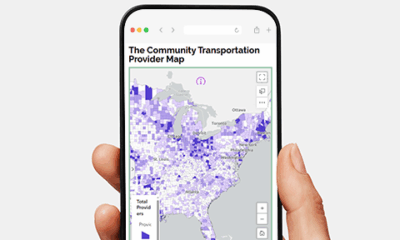
An interactive map that allows users to locate FTA-funded public transportation systems.
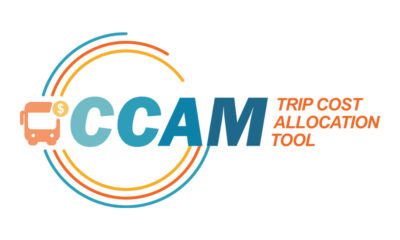
A tool that accounts for divergent Federal requirements and funding sources by costing transportation services in a manner that addresses the specific needs and cost principles of participating agencies

Coming Soon
CCAM-TAC is managed under a cooperative agreement with the Federal Transit Administration. This website and resources are being reviewed to ensure they reflect recent Executive Orders. Some previously available resources may be revised to ensure alignment.

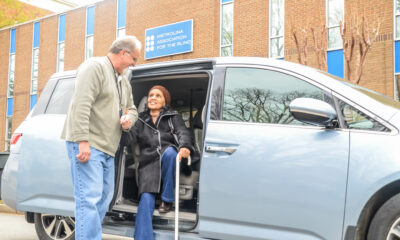
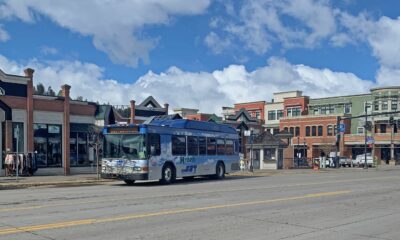


A library of links to resources, training, and websites relevant to mobility management.
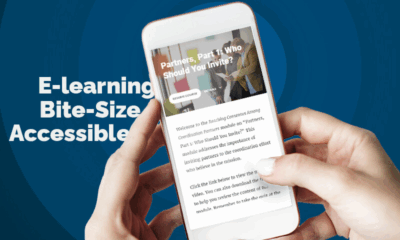
Welcome to the CCAM-TAC e-learning course catalog. The e-learning courses provide skills and knowledge training.

See upcoming webinars from CCAM-TAC and our partners! For all upcoming events, view our events calendar.
Please confirm you want to block this member.
You will no longer be able to:
Please note: This action will also remove this member from your connections and send a report to the site admin. Please allow a few minutes for this process to complete.